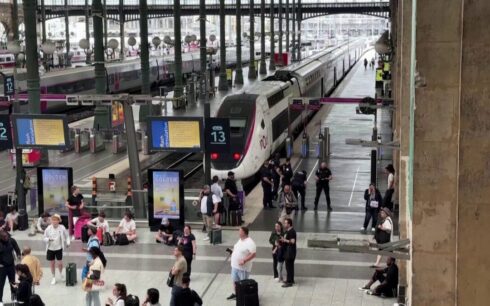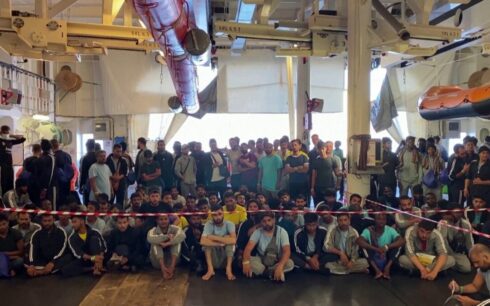THE HAGUE – The United Nations’ principal judicial organ, the International Court of Justice (ICJ), begins a week of hearings on Monday to deliberate the legal ramifications of Israel’s occupation of Palestinian territories. Over 50 states are set to present their views to the court.
Palestinian Foreign Minister Riyad al-Maliki is scheduled to open the legal proceedings at the ICJ in The Hague. The U.N. General Assembly in 2022 requested the court’s advisory opinion on the matter, which, while non-binding, could amplify political pressure on Israel amidst its ongoing conflict in Gaza.
Gaza health officials report approximately 29,000 Palestinian fatalities since Oct. 7, related to the conflict. The United States, Israel’s key ally, along with China, Russia, South Africa, and Egypt, are among the countries expected to participate in the hearings. Israel, while not participating, has submitted written observations to the court.
The hearings are part of a broader Palestinian effort to involve international legal entities in scrutinizing Israel’s actions, especially following the Hamas attacks in Israel on Oct. 7, which resulted in 1,200 casualties, and Israel’s subsequent military response.
Concerns are also escalating regarding a potential Israeli ground offensive in Rafah, Gaza, which has become a sanctuary for over a million Palestinians fleeing from southern areas of the enclave due to Israeli military actions.
Israel seized control of the West Bank, Gaza, and East Jerusalem – territories sought by Palestinians for statehood – in the 1967 war. Although Israel withdrew from Gaza in 2005, it, alongside Egypt, continues to regulate its borders.
This inquiry marks the second time the U.N. General Assembly has sought an advisory opinion from the ICJ regarding the occupied Palestinian territory. In July 2004, the court determined that Israel’s separation wall in the West Bank contravened international law, recommending its removal. However, the barrier remains in place.





